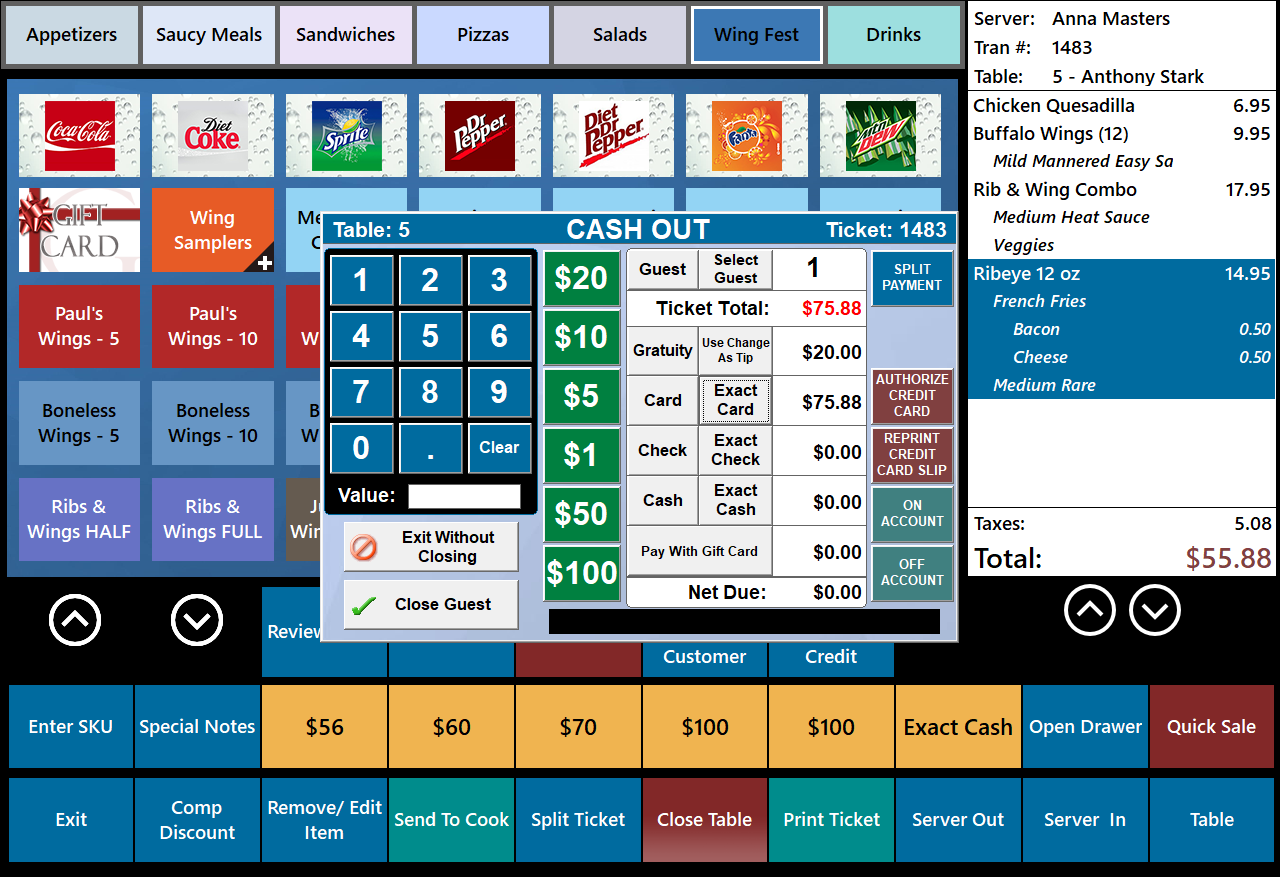The Evolution of Point of Sale Systems: From Manual Punch Cards to Cloud Solutions
This POS system has come a long way since the days of simple punch cards and mechanical cash registers. As businesses organizations develop, so do the tools used to improve operations, manage inventory, and optimize the customer experience. Currently, modern POS systems are not just just transaction centers; they are sophisticated platforms that connect effortlessly with various business functions, including inventory management to customer relationship management.
In this piece, we will discuss the evolution of POS systems, tracing their journey from basic cash registers to sophisticated cloud-based solutions that permit businesses to run more efficiently. We will delve into the key features that modern systems provide, how they can transform your business operations, and what you need to consider when picking the best system for your requirements. Accompany us as we uncover the significant milestones in POS technology and how these advancements continue to shape the future of retail and hospitality.

Understanding Point of Sale Systems
A POS solution is a crucial tool for enterprises that aids streamline transactions and manage different aspects of operations. At its core, a POS system captures sales, processes payments, and provides a focal point for inventory management. Contemporary Point of Sale solutions have advanced far past traditional cash registers, integrating technology that facilitates businesses to monitor customer interactions, examine sales data, and provide a better customer experience.
Present-day Point of Sale systems come loaded with features that cater to diverse industries, from retail to hospitality. They can offer different payment methods, such as contactless payments, mobile wallets, and traditional credit or debit card options. Additionally, these systems often integrate with accounting software and customer relationship management (CRM) platforms, enhancing the effectiveness of operations and improving data accuracy.
As companies look to prosper in a competitive landscape, understanding the multiple functionalities of POS systems becomes necessary. Investing in the right POS solution can lead to higher sales, better inventory control, and enhanced employee productivity. Furthermore, by leveraging Impos and reporting features, company leaders can reach informed conclusions that promote growth and boost customer satisfaction.
Selecting the Best POS Solution
Choosing the right POS solution for your business is crucial to facilitate efficient operations and enhanced customer service. Start by evaluating your particular needs and the distinct demands of your sector. As an example, restaurants might emphasize features like reservation handling and order customization, while stores may focus on inventory tracking and customer engagement tools. Understanding the essence of your organization will assist narrow down your choices considerably.
Then, think about the scalability of the POS system you select. As your business develops, your POS system should be able to evolve to higher transaction levels and more sites, if applicable. Seek out options that offer modular features or variable pricing plans, allowing you to expand or change your solution without facing drastic changes to your operations. A solution that can scale with you not only conserves cost in the future but also minimizes business interruptions.
Finally, don’t overlook the significance of assistance and educational resources. A reliable POS provider should offer comprehensive support to help you resolve issues as they arise. Additionally, make sure that they offer sufficient education for your staff to maximize the system's potential. A simple to use interface along with strong assistance can make all the impact in ensuring that your shift to a different POS system is smooth and effective.
Boosting Business Efficiency using POS Technology
Up-to-date POS solutions have revolutionized the way businesses function by simplifying various processes. Such systems allow for faster transaction processing, cutting wait times for customers and increasing overall sales productivity. With capabilities such as barcode scanning, digital payments, and user-friendly interfaces, employees can assist customers more effectively, ensuring a smoother flow of operations. This improvement not only enhances customer satisfaction but also boosts staff productivity, allowing them to concentrate on providing superior service rather than being burdened by administrative tasks.
Furthermore, advanced POS systems come fitted with comprehensive reporting tools that offer real-time analytics into sales, inventory levels, and customer behavior. These analytics allow business owners to make informed decisions based on accurate data, ultimately leading to better inventory management and targeted marketing strategies. By analyzing sales trends and customer preferences, businesses can adapt their offerings, simplify their operations, and increase profitability.
Integrating a POS system with additional software solutions, such as accounting software and CRM platforms, enhances collaboration and efficiency across teams. This integration ensures that all facets of the business are connected, reducing the chances of human error and improving data consistency. As a result, businesses can react more swiftly to market changes, improve financial accuracy, and enhance overall operational efficiency, setting themselves up for sustained success.